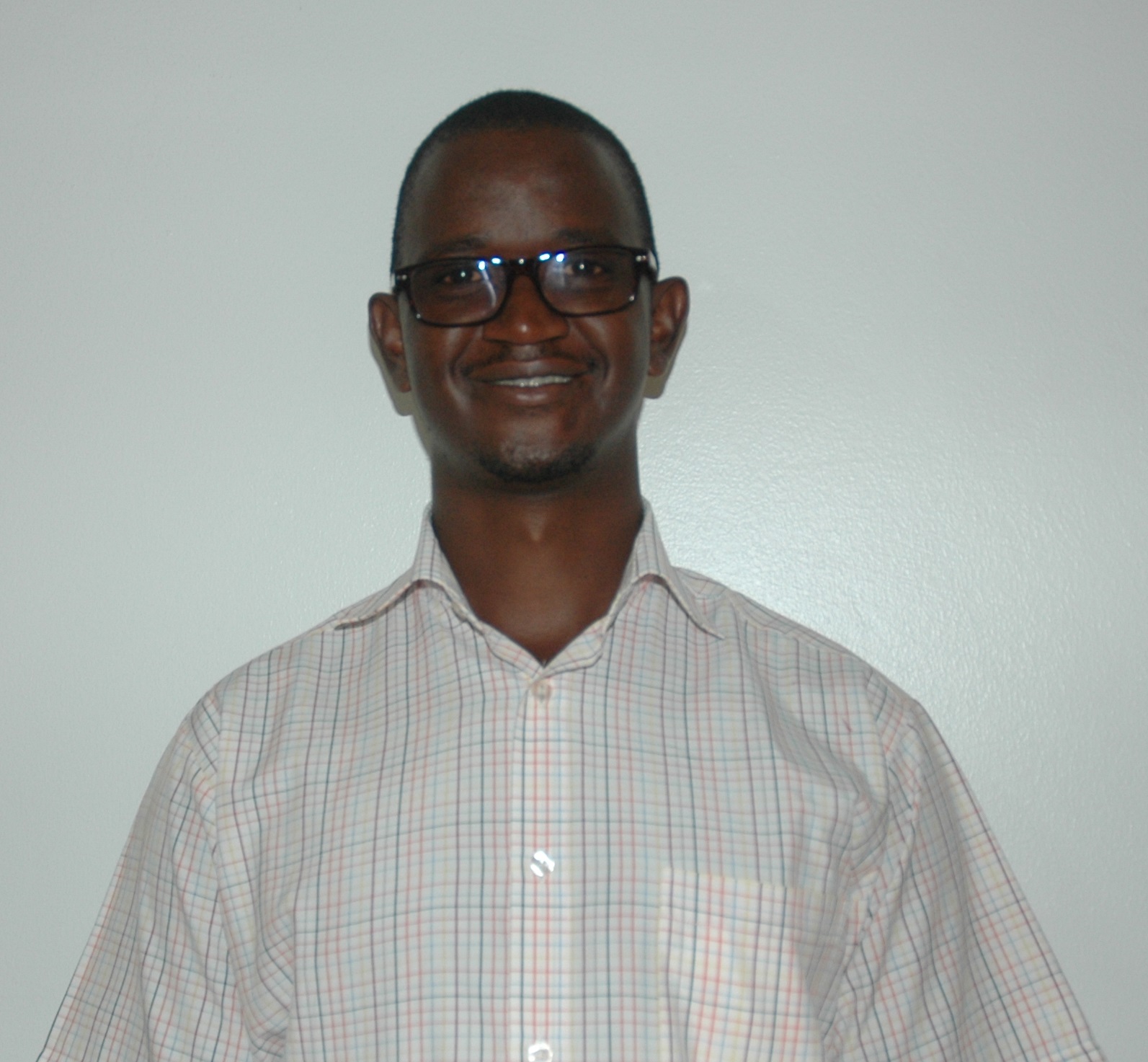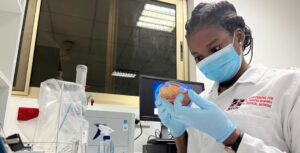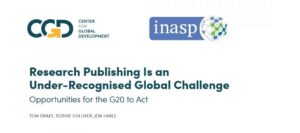
Series: ‘Q&A’ with Publishers for Development speakers
Joshua Okonya is a Research Associate at the International Potato Center (CIP) in Uganda. He will be speaking at Publishers for Development on the 28 June about his research into the impact of pests on crop yield, the resulting impact on food security and how this is affected by climate change.
What is your main area of research?
My area of research is crop entomology. I collect baseline information about pest related crop losses, looking at the impact of these losses on farmers’ livelihoods and how climate change affects this. I look at pest management strategies for sustainable crop production with the hope of improving the food security and livelihoods of smallholder farmers in Uganda.
How does your work relate to the SDGs or international development more generally?
The research projects I work on aim to achieve food security for the smallholder farmers in Uganda, Rwanda and Burundi (SDG 2); promote gender equality (SDG 5) and reduce effects of climate change (SDG 13). Special attention is taken in all our projects to specifically address the above SDG’s but other SDG’s are also included in a more general sense. For instance, every project at CIP must show the % of its budget dedicated for gender research.
What are the key challenges in the research and knowledge sector in your country?
There are a variety of different types of challenges affecting the sector. Some examples include:
- Political instability, as is the case in Burundi.
- Limited funding from governments and reduced funding from international donors for agricultural research projects.
- Limited ICT infrastructure leading to issues such as slow internet speeds.
- High cost of access to non-Open Access resources.
Can you see a way in which having access to published research can support international development?
There are multiple ways in which access to research literature can support development, with the impacts on the individual having further-reaching effects on the bigger picture, I believe in access to information as a human right. With appropriate access students and researchers will complete their projects in a shorter time. Librarians will not be burdened with constant requests for research articles and will be able to support meaningful access in more effective ways. This will all work towards facilitating quick and informed decision making by users of published research and policymakers. Where access to research literature is limited, researchers are unable to access the latest in scientific breakthroughs and technologies. This delays the development of intervention measures to tackle outbreaks of disease in people, animals and crops.
What would improve the ways that you (and other researchers) are able to access research?
Cost and payment is a barrier to accessing research. The removal of paywalls where possible, as well as the introduction of more appropriate, available methods of payment for developing countries, would much improve the situation. We need a broader range of journals and articles in the Research for Life programme as well as reduced fees for open access publishing. In order to more easily use the research that we have access to currently we need faster internet speeds or webpages that support low bandwidth.
Who has inspired you in your work and why?
My supervisor at CIP (Prof. Dr. Juergen Kroschel). He is a good mentor and knows how to bring out the best in each person. In only four years, he has supported me to publish nine research articles in peer-reviewed journals and present at nine national and international scientific conferences.
For more about Joshua’s work, including how he has benefitted from working with the AuthorAID programme, see our publication.





interesante! en 4 años ha logrado mucho, realmente me interesa aprender